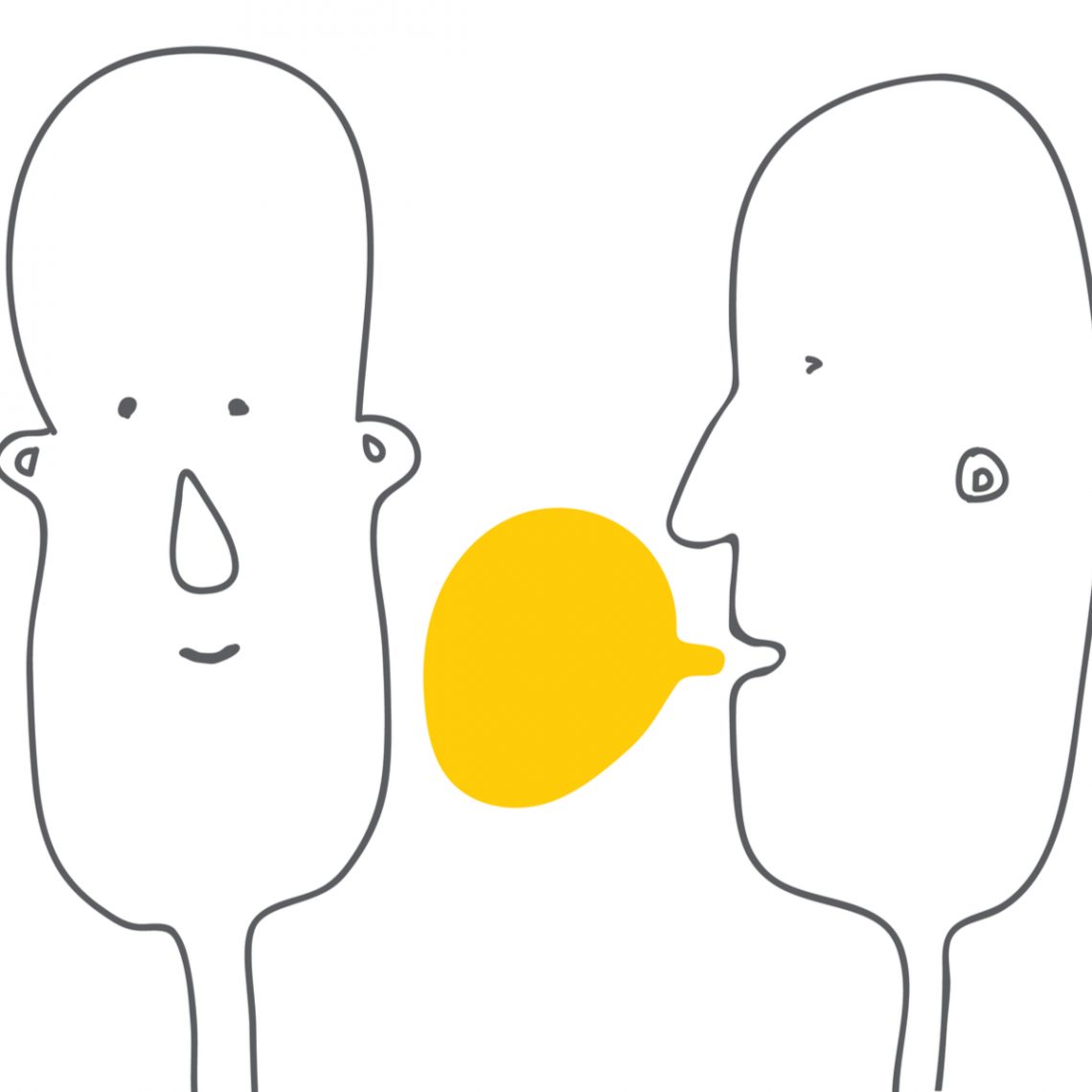Let’s be honest: Our world has become a whole lot noisier. Now more than ever our daily lives are acutely impacted by the messaging (SHOUTING) from all different types of sources. We battle the media. We duel with social media networks. And we continue to take on rowdy co-workers, friends and family members. Easy listening is clearly dead.
So, what do we do with all of this extra noise? How can we concretely improve our attention spans and general listening tools?
Enter: Julian Treasure and his classic “5 Ways to Listen Better” TED Talk. Three days ago, my OpenWeb colleagues and I sat down for an interesting roundtable discussion about the mega importance of listening. This discussion lead us through many useful rabbit holes, but Treasure’s TED Talk was without a doubt the most memorable. Below you will find our chief takeaways and conversation starters from his brilliant presentation:
1) “We are losing our listening. We spend roughly 60 percent of our communication time listening, but we’re not very good at it. We retain just 25 percent of what we hear.”
2) “We’re becoming impatient. We don’t want oratory anymore; we want sound bites. And the art of conversation is being replaced — dangerously, I think — by personal broadcasting. We’re becoming desensitized. Our media have to scream at us with these kinds of headlines in order to get our attention. And that means it’s harder for us to pay attention to the quiet, the subtle, the understated.”
3) “This is not trivial, because listening is our access to understanding. Conscious listening always creates understanding, and only without conscious listening can these things happen. A world where we don’t listen to each other at all is a very scary place indeed.”
4) “Just three minutes a day of silence is a wonderful exercise to reset your ears and to re-calibrate, so that you can hear the quiet again. If you can’t get absolute silence, go for quiet, that’s absolutely fine.”
5) “And finally, an acronym. You can use this in listening, in communication. If you’re in any one of those roles — and I think that probably is everybody who’s listening to this talk — the acronym is RASA, which is the Sanskrit word for “juice” or “essence.” And RASA stands for “Receive,” which means pay attention to the person; “Appreciate,” making little noises like “hmm,” “oh,” “OK”; “Summarize” — the word “so” is very important in communication; and “Ask,” ask questions afterwards.”
We hope our highlights of Treasure’s presentation helped you in some capacity. They certainly opened up our ears even more. Please feel free to share these teachable gems with your clamorous crowds. Many thanks for listening!
Which one of our takeaways did you find most compelling?


